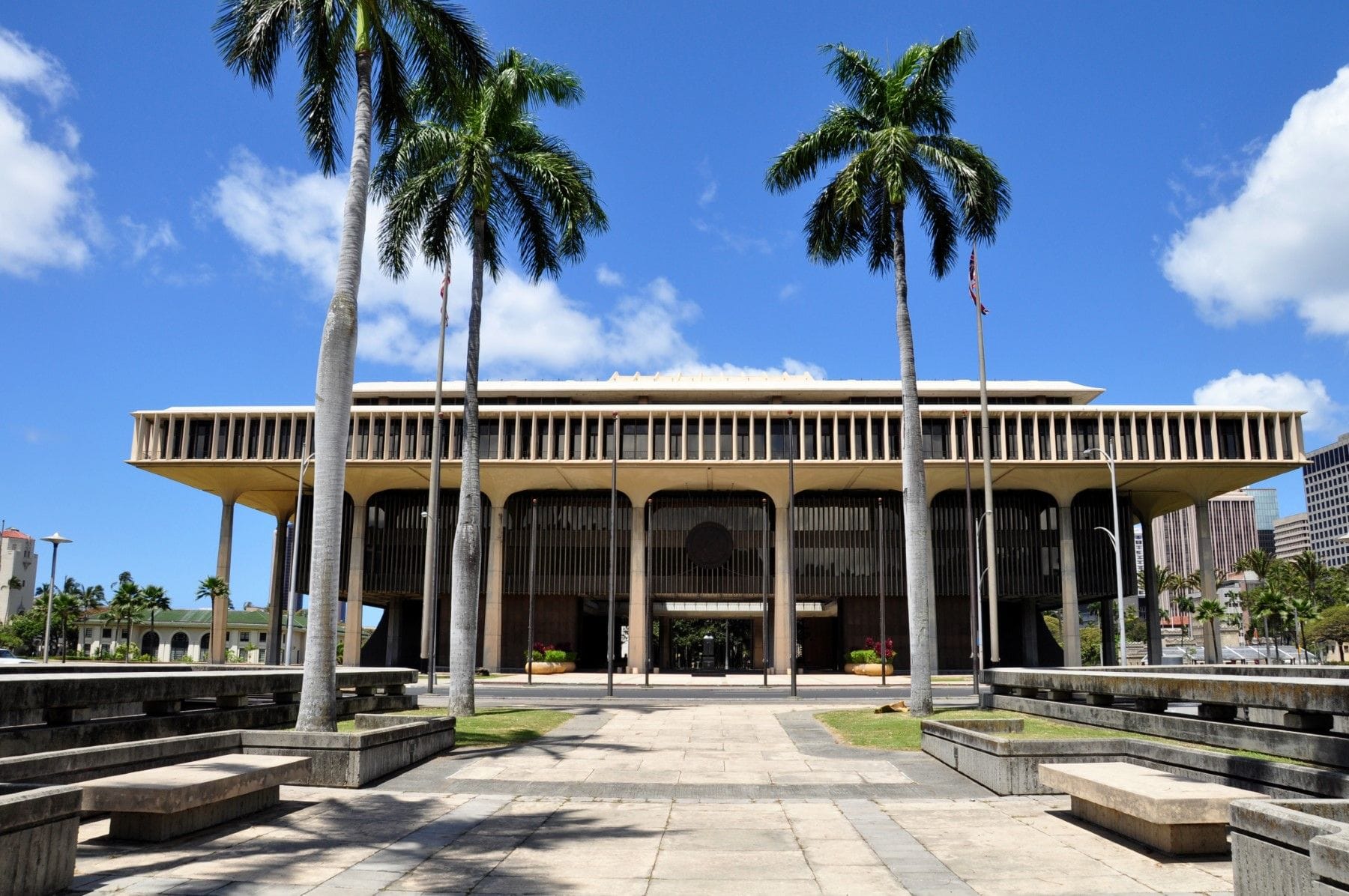Expert Witness Compensation Rules in Hawaii
Hawaii's expert witness compensation is governed by civil procedure rules and statutes, emphasizing fair payment and transparency in legal proceedings.
Updated on
In this article
What Are the Rules Governing Expert Witness Compensation in Hawaii?
In Hawaii, expert witness compensation is governed by a combination of statutes, civil procedure rules, and ethical guidelines. Understanding these rules is crucial for legal professionals and expert witnesses involved in litigation within the state. This article provides a detailed examination of these regulations, ensuring compliance and facilitating fair compensation practices.
Fee Provisions in Hawaii Rules of Civil Procedure
The Hawaii Rules of Civil Procedure provide a framework for the engagement and compensation of expert witnesses. Rule 26(b)(4)(C) specifically addresses the payment of fees for expert witnesses. This rule mandates that the party seeking discovery from an expert must compensate the expert for their time spent in responding to discovery. This includes time spent preparing for and attending depositions.
- Rule 26(b)(4)(C): Highlights the requirement for fair compensation of experts.
- Discovery Costs: Emphasizes the obligation of the requesting party to bear reasonable fees.
The HRCP aims to balance the need for expert testimony with the rights of experts to be reimbursed for their contributions. This ensures experts are adequately compensated for their professional services, fostering a fair litigation process.
Understanding Hawaii Revised Statutes §622-58: Payment Guidelines for Expert Witnesses
Hawaii Revised Statutes §622-58 outlines specific guidelines concerning the payment of expert witnesses. This statute serves as a critical reference for determining appropriate compensation levels, emphasizing fairness and reasonableness.
- Reasonable Compensation: The statute underscores the importance of paying experts a fee that reflects their expertise and time commitment.
- Court Discretion: Judges have the authority to determine whether the fees charged by expert witnesses are reasonable and necessary.
In practical terms, §622-58 provides a legal basis for challenging or defending the fees associated with expert testimony, thereby playing a critical role in litigation involving expert witnesses.
Disclosure Obligations for Expert Witness Fees Under Hawaii Law
Transparency is vital in the realm of expert witness compensation. Hawaii law imposes specific disclosure obligations to ensure all parties are aware of the costs associated with expert testimony. Under HRCP, parties must disclose not only the identities of their expert witnesses but also the compensation arrangements.
- Disclosure of Fees: Parties are required to provide detailed information regarding the fee arrangements with their expert witnesses.
- Purpose of Disclosure: This requirement promotes transparency and allows for the assessment of potential biases that may arise from compensation agreements.
Compliance with these disclosure obligations is essential for maintaining the integrity of the legal process and preventing disputes over expert witness fees.
Practical Tips for Structuring Expert Witness Fee Agreements in Hawaii
Structuring expert witness fee agreements requires careful consideration of legal guidelines and practical realities. Here are some practical tips to ensure fair and compliant fee arrangements in Hawaii:
- Clearly Define Scope of Work: Outline the specific tasks the expert will perform, including research, report preparation, and testimony. This clarity helps prevent disputes over the services provided.
- Specify Payment Terms: Detail the timing and method of payment. Consider whether payments will be made hourly, per task, or as a lump sum.
- Include Contingency Plans: Address potential changes in the scope of work or unexpected delays. Establish a process for negotiating adjustments to the fee if necessary.
- Ensure Compliance with Disclosure Requirements: As required by Hawaii law, include a provision for disclosing the fee arrangement to all parties involved in the litigation. This transparency helps maintain the integrity of the process.
- Consider Reasonableness and Market Rates: Set fees that are consistent with the expert's level of expertise and the prevailing market rates in Hawaii. This consideration helps meet the reasonableness standard outlined in Hawaii Revised Statutes §622-58.
By adhering to these practical tips, legal professionals and expert witnesses can create fee agreements that are both fair and compliant with Hawaii's legal standards, ultimately supporting a smooth litigation process.


